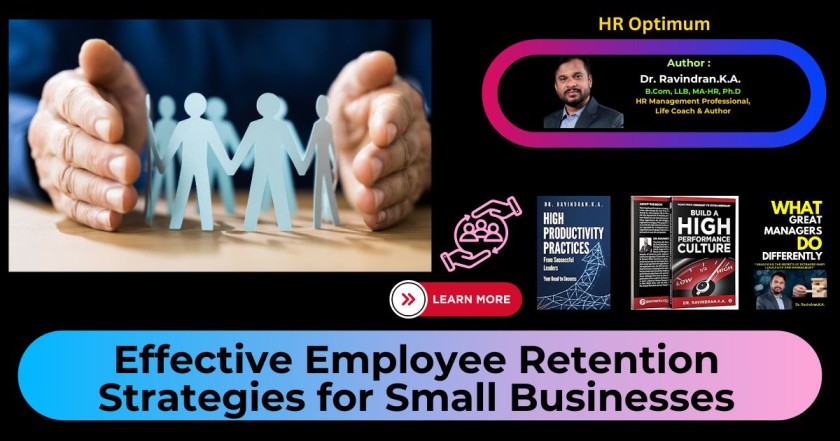Introduction: Power of Employee Feedback
Employee feedback plays a crucial role in creating a positive work culture and driving employee retention. When employees feel heard, valued, and involved in decision-making processes, they are more likely to be engaged, satisfied, and committed to their organization. In this article, we will explore the significance of employee feedback in improving retention, highlighting specific Indian industry practices and examples.
Thank you for reading this post, don't forget to subscribe!Regular Employee Feedback Mechanisms:
Indian companies like Tata Consultancy Services (TCS) and Infosys prioritize implementing Regular Employee Feedback mechanisms. These mechanisms can include employee surveys, suggestion boxes, or regular one-on-one discussions. By actively seeking feedback, organizations create a culture of openness, trust, and continuous improvement. Regular employee feedback provides insights into employee experiences, challenges, and suggestions for improvement, helping organizations address issues and enhance retention.
Anonymous Employee Feedback Platforms:
Offering anonymous Employee Feedback Platforms is an effective practice in Indian industries. Companies like Wipro and HCL Technologies provide channels for employees to share feedback confidentially, without the fear of repercussions. This practice encourages honest and open feedback, allowing employees to express their concerns, suggestions, and ideas without hesitation. Anonymous feedback platforms provide valuable insights and enable organizations to address issues and improve employee satisfaction, contributing to higher retention rates.
Listening and Acting on Employee Feedback:
Actively Listening to employee feedback and taking appropriate Actions is crucial for improving retention. Tech Mahindra and Flipkart emphasize the importance of not only soliciting feedback but also responding and addressing concerns promptly. When employees see that their feedback is valued and acted upon, they feel a sense of ownership and engagement. This practice fosters trust, shows employees that their opinions matter, and increases their commitment to the organization, positively impacting retention.
Employee Feedback-driven Initiatives:

Indian industries like Aditya Birla Group and Reliance Industries initiate employee feedback-driven initiatives. These initiatives can include process improvements, policy changes, or the implementation of employee-suggested ideas. By involving employees in decision-making processes and utilizing their insights, organizations create a sense of ownership, empowerment, and satisfaction. Employee feedback-driven initiatives demonstrate that the organization values employee opinions and actively seeks to improve the work environment, leading to higher retention.
Continuous Employee Feedback and Development:

Promoting a culture of Continuous Employee Feedback and Development is essential for improving retention. Tata Motors and Infosys prioritize ongoing feedback and development discussions between managers and employees. This practice helps employees understand their strengths, areas for improvement, and growth opportunities. Regular feedback and development discussions foster a sense of learning, growth, and career progression, enhancing employee satisfaction and retention.
Conclusion:
Employee feedback holds significant power in improving retention in Indian industries. By implementing regular feedback mechanisms, providing anonymous feedback platforms, listening and acting on feedback, initiating employee feedback-driven initiatives, and promoting continuous feedback and development, companies like TCS, Infosys, Wipro, HCL Technologies, Tech Mahindra, Flipkart, Aditya Birla Group, Reliance Industries, and Tata Motors set notable examples. These practices create a culture of openness, trust, and engagement, leading to higher employee satisfaction, retention, and overall organizational success.
 hroptimum
hroptimum



